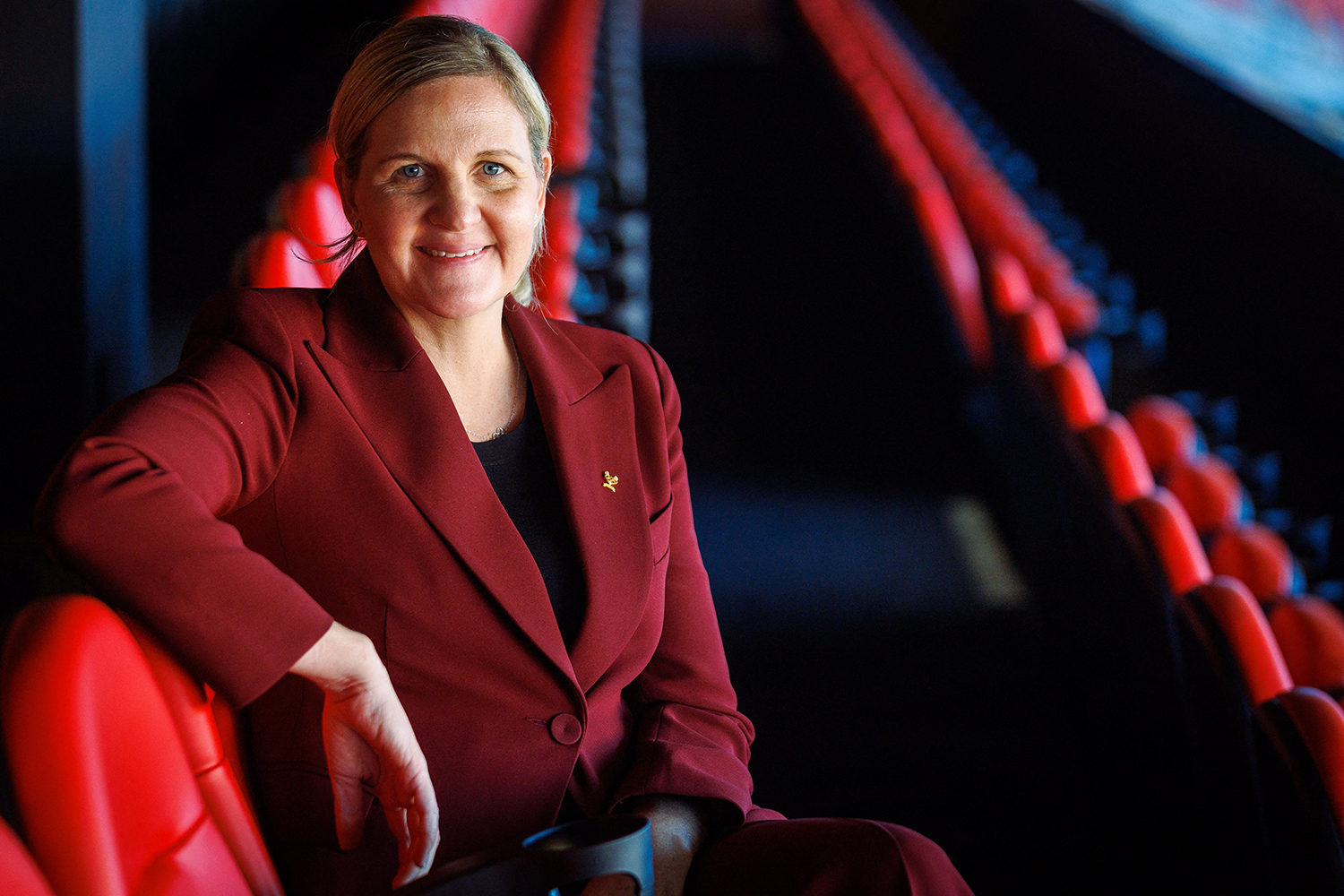History will be made in Lausanne on Monday when Zimbabwe’s Kirsty Coventry officially takes over as the first female and African president of the International Olympic Committee.
The 41-year-old double Olympic swimming gold medallist will be only the 10th person to lead the IOC in its 131-year history and the youngest since Pierre de Coubertin, founder of the modern Olympics, who was 33 when he took over in 1896.
The Baron, born into a French aristocratic family, would not recognise the Olympic movement that Coventry will inherit. Inspired by the ancient Greek Olympics, Coubertin revived the Games in the late 19th century because he believed that sport could foster international understanding, promote peace, and improve the physical and moral wellbeing of individuals and nations.
What started as an event once every four years strictly for amateur athletes has ballooned into a massive global circus featuring Summer Olympics, Winter Olympics, Youth Olympics and, soon, an esports Olympics. Some of the highest paid athletes in history now compete in the Olympics, the event has become highly politicised and is currently at the centre of the global cultural war.
Coventry will replace Germany’s Thomas Bach, head of the IOC since 2013, who earned both praise and criticism in equal measure during his time in charge. He oversaw significant reform of the Olympic movement, helped modernise the organisation and left it with a positive financial outlook having raised $7.6 billion (£5.65 billion) in the four-year cycle up to Paris 2024.
But Bach was criticised for his handling of the Russian doping crisis which many blamed on his close relationship with Vladimir Putin. A picture of Bach laughing uproariously at one of the Russian president’s jokes will haunt him for the rest of his life.
Like Donald Trump, Bach seemed to find much to admire in Putin and other dictators he met, including Xi Jinping, Kim Jong-un and Aleksandr Lukashenko. Bach centralised power to himself and operated with minimal transparency.
It culminated in him engineering the awarding of the 2032 Olympic Games to Brisbane without the Australian city having to produce a proper venue plan or financial forecast and with little consultation with IOC members. That has led to inevitable problems.
There remain doubts about how independent Coventry will really be and how much influence Bach will continue to enjoy in the background. He had identified the Zimbabwean sports minister as his preferred successor a while back and had campaigned hard on her behalf.
There were predictions of a close race between the seven candidates, including Britain’s Sebastian Coe, at the election in March, but Coventry secured an overall majority after just one round, winning 49 votes out of a possible 97.
Newsletters
Choose the newsletters you want to receive
View more
For information about how The Observer protects your data, read our Privacy Policy
Most observers have welcomed the election of a female president, especially as the IOC did not even allow women to become members until 1981. The fact that Coventry is relatively young, at a time the Olympics is trying to maintain its relevance to the youth, is seen as another plus.
The issues near the top of Coventry’s in-tray include whether to reintegrate Russia and Belarus back into the Olympic family. Noises coming out of Moscow strongly suggest they are confident that the suspension imposed after the full-scale invasion of Ukraine in 2022 will be lifted in time for the 2028 Olympics in Los Angeles.
Dealing with the United States president in the build-up to those Games in California is also set to prove challenging. Trump has already signed an executive order banning transgender athletes from competing in women’s sport, which aligns with Coventry’s promise to protect the female category. He has also introduced a sweeping travel ban on 12 countries and is preparing to extend it to a group of states that includes Coventry’s Zimbabwe.
The order contains an exemption that could apply to athletes, staff or associated families involved at the Games, but may severely impact the ability of supporters and journalists to enter the US for the Olympics. Coventry will need to tread a fine line between trying to maintain a good relationship with Trump and ensuring the IOC’s principles of neutrality and universality.
The other topic that Coventry will need to tackle early on in her presidency is the awarding of the 2036 Olympics. There was much unrest among IOC members about the lack of real say they had under Bach in helping choose the host city and during her election campaign Coventry promised to give them a more important role.
But besides Bach, Coventry’s most important supporter was fellow IOC member Nita Ambani, part of an Indian family worth $118 billion. Ambani is closely involved with India’s bid to stage the Games in 2036 and will be expecting something in return for helping to get Coventry elected. After all, everything has a price.
Photo by Patrick Hamilton/AFP Photo via Getty Images
